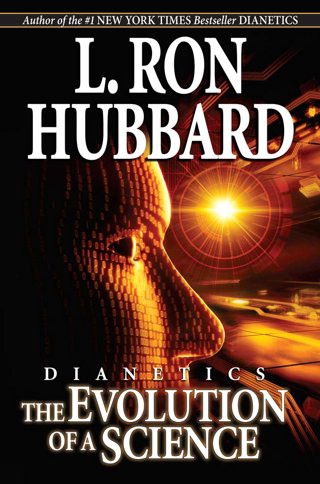Dianetics Things To Know Before You Buy
Dianetics Things To Know Before You Buy
Blog Article
The Buzz on Dianetics
Table of ContentsOur Dianetics IdeasThe Basic Principles Of Dianetics Facts About Dianetics UncoveredThe Main Principles Of Dianetics
I could not ever not desire to get anything that comes to mind for you- if it was or else, I would not be resting right here with you, doing this. I not just might never ever have an issue, or otherwise wish to listen to something that enters your mind for you, but I'm entirely excited to understand every concept, every thought, every image or sensation that emerges or materializes for you- do not ever before assume or else, and if for some factor you do, please simply allow me understand! Occasionally, you may have an idea, and picture, idea or occurrence pop up that does not appear to answer the inquiry, or associate with it, but nonetheless, always do inform me regarding it, and as we continue, the significance will emerge for you.This is fundamental in the basis of handling, and the subject of this conversation: the basic functions of the therapist and the client: The basic function of the therapist is, unlike "basic training", not to control, which suggests to enforce and/or inhibit, yet to instead function from the basis of EMPOWERING THE CUSTOMER.

The 10-Second Trick For Dianetics
John Mcmasters expressed this fundamental fact incredibly well in among his lectures on Power handling, in which he describes how he was asked what this "unique knack" was that he had for offering such terrific sessions; he had to consider that for a minute, and spotted that it was what he had not been doing, as well as what he was doing: he wasn't reviewing, judging, computer, or as a matter of fact, creating any type of thoughts, allow alone spoken expressions, after providing the command and while waiting for the computer to complete their solution to their satisfaction; he was, merely and only, existing with the computer, and entirely interested.
The role of the counselor, demonstrated; that was his "special propensity". I have had my own experience which showed me this well, extremely early in the video game. In 1982, having just recently completed my training and internship on New Era Dianetics, I was running this on a COMPUTER, and there was a factor in the session where (being a little bit wet behind the ears not yet having numerous hours under my belt as an expert auditor) the PC seemed to be "taking also lengthy" to reveal anything verbally after I gave him a command.
This secret became one of the most beneficial payment that John ever before made to our website the subject of therapy or auditing (Dianetics). In my humble point of view, it is the best payment that any person has actually ever made to these subjectsthe application is totally non-judgemental, non-evaluative, and lacking any suggestion, advice or opinion.no preconceived schedule for individuals, or 'levels' that they should do
In Scientology we prided ourselves on not evaluating for people. All that truly indicated was that the auditor did not VERBALLY assess for the Computer in session.
The 30-Second Trick For Dianetics

Anyone that had ever seen John audit can not help yet notice an one-of-a-kind quality in his bookkeeping."The client's fundamental duty is to be there with the purpose of relocating in the direction of their spiritual goals, and to openly and completely share and experience whatever manifests for them in responding to the questions and implementing the instructions in the processing.
This is something to procedure as needed. Additionally, individuals frequently have previous experience and/or brainwashing in auditing/processing which, in some ways, and to some levels, in fact misdirects them into attitudes, concepts and behavior patterns that stop the complete understanding of these roles, and so they will tend to inhibit the expressing of what comes to mind, as in the examples given above - Dianetics. * The first, and perhaps foremost examples of mis-indoctrination resulting in less than totally smooth and efficient sessions, can be discovered in specific elements of the training routines, or "TR's":"TR's" are commonly an individual's very first, or a minimum of early, experience in Scientology, and while I will go on to describe what I view as the problems in idea and technique, nonetheless, have a tendency to be greatly therapeutic, done as they are provided (Hubbard insists that "TR's are not refining, they are educating", however official website factually, they are both processing AND training)
Alan Walter made similar observations, and boosted on Get More Information these with his "Existence Processes". There is no "flunking", and no denial of the reality of this being handling. The emphasis, as it must be, gets on experiencing the various other person's existence. All the manifestations which get a "flunk" in doing "TR-0" are simply the being's initiatives to stand up to the various other individual's existence, and as opposed to being pestered and pestered with "Flunk", which imposes "failure!" on the being, one merely needs to be encouraged to "stick their feet in the water a little much deeper", to significantly refurbish their capacity and readiness to fully share and experience "being here", or "presence", with others.
8 Easy Facts About Dianetics Shown

Report this page